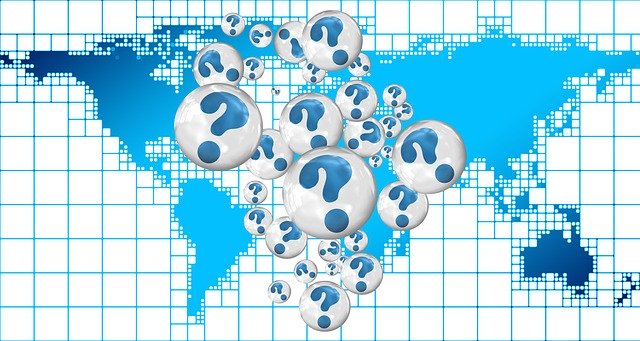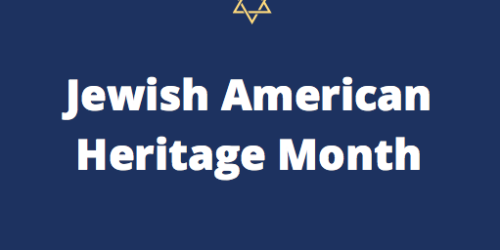Evaluating Information During a Global Pandemic

Note: This post has been updated to remove biased indicators of credibility.
It’s easy to be overwhelmed with information right now. What should you pay attention to? What’s fake? What’s true, but misleading?
Back when COVID-19 was still “new” news, I saw and responded to this post on Facebook:
Why did I suspect it wasn’t true? First, I was surprised by the claim. If preventing coronavirus was that easy, why weren’t more medical professionals and media reporting on it? Second, I couldn’t tell where the information was coming from. It took me a little bit of searching to find a credible source to confirm my suspicions.
As of early May, the original post my friend shared has disappeared and this is what you see when you search for it:
Thankfully, it’s easy to see now that this claim has been debunked. However, new information is appearing daily. How can you quickly fact-check what you’re seeing before you share or act on it?
First, what do you know?
- Does the information surprise you, make you want to share, or create another strong emotion (and if so, is that because it aligns with your implicit bias)?
- Has someone else already fact-checked the claim? If not, go to the original source and investigate who’s making the claim. Are they trustworthy? Do they have expertise/experience related to the topic?
If you’re still not sure, find what other sources say about the claim and/or original source.
- Are most sources making the same claim?
- Is the original source generally known to be credible or not? What is its purpose (to inform, to convince, to sell, etc.) and how might that affect the claim?
Want more help? (If you do, that’s totally okay…we librarians rely on each other all the time!) Check out the strategies on this guide or Ask a Librarian via e-mail or 24/7 chat. We’re happy to answer your questions, whether it’s related to your classes or your day-to-day life!
Fact-checking strategies adapted from:
- https://webliteracy.pressbooks.com/chapter/four-strategies/
- https://hapgood.us/2019/06/19/sift-the-four-moves/
First image by Gerd Altmann from Pixabay




